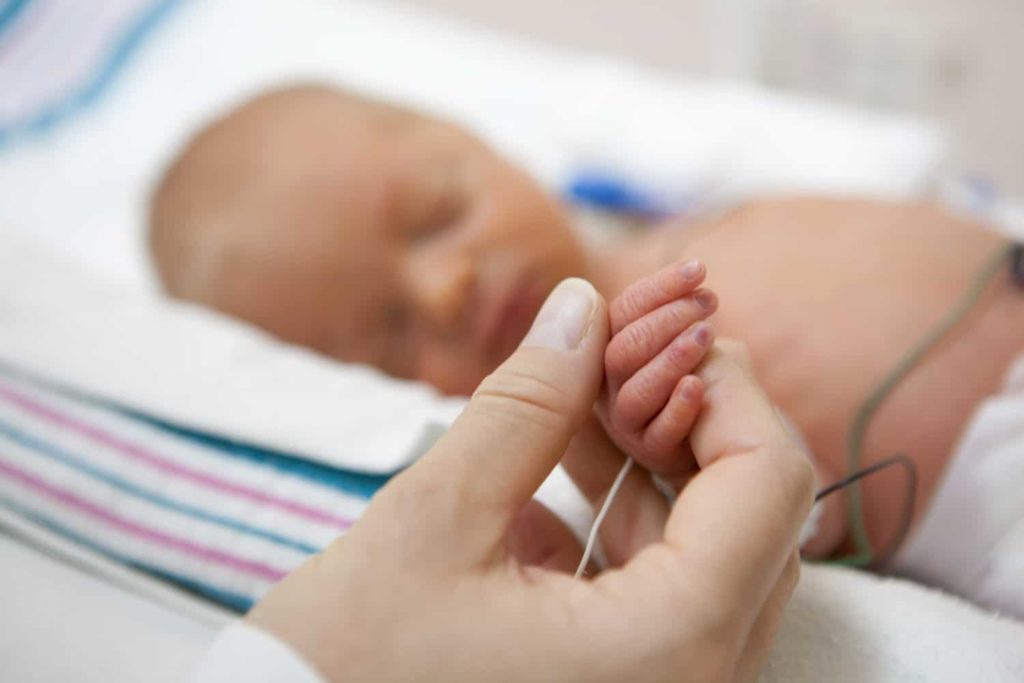
We have all seen her. She is the mother of a three-day-old micropreemie. She is exhausted, traumatized, and scared. She walks back from the pumping room looking completely defeated because all she produced was “a few drops, not enough to really feed him.” We suggest giving the drops on the inside of his cheeks for a pleasurable experience amidst all of the noxious stimuli he receives to that area. She is skeptical. “Is it really worth it? Does that actually do anything for him?”
Many NICUs have protocols for swabbing the mouths of premature infants with colostrum – for the pleasurable experience and for the presumed health benefits. A new study published in the Journal of Perinatology aimed to identify these health benefits more specifically. Colostrum shapes the microbiota of the gut. However, the smallest and most fragile of premature infants are fed via tube for months, bypassing their mouths.
This study was a pilot study that aimed to determine if administering colostrum into the mouths of premature infants altered their oral microbiota, which could help to reduce infection. Twelve VLBW infants in the first week of life who were intubated within 48 hours of birth were randomized to receive either colostrum in the oral cavity or routine care. Infants in the treatment group received .1 ml colostrum via sterile syringe directly into each buccal pouch every 2 hours for 46 hours. Researchers found differences in the patterns of colonization between the two groups, and these differences persisted for two days after the intervention ended.
Although this study is a pilot study, the results are promising. Neonatal therapists can utilize this information to empower the mothers of premature babies to know that their milk, even in very tiny amounts, is important medicine for their babies. We can also help to ensure that the process of administering colostrum is done in a developmentally supportive way, and be involved with creating protocols for this practice.
Sohn, K, Kalanetra, KM, Mills, DA, & Underwood, MA. (2016). Buccal administration of human colostrum: Impact on the oral microbiota of premature infants. Journal of Perinatology, 36, 106-111.

